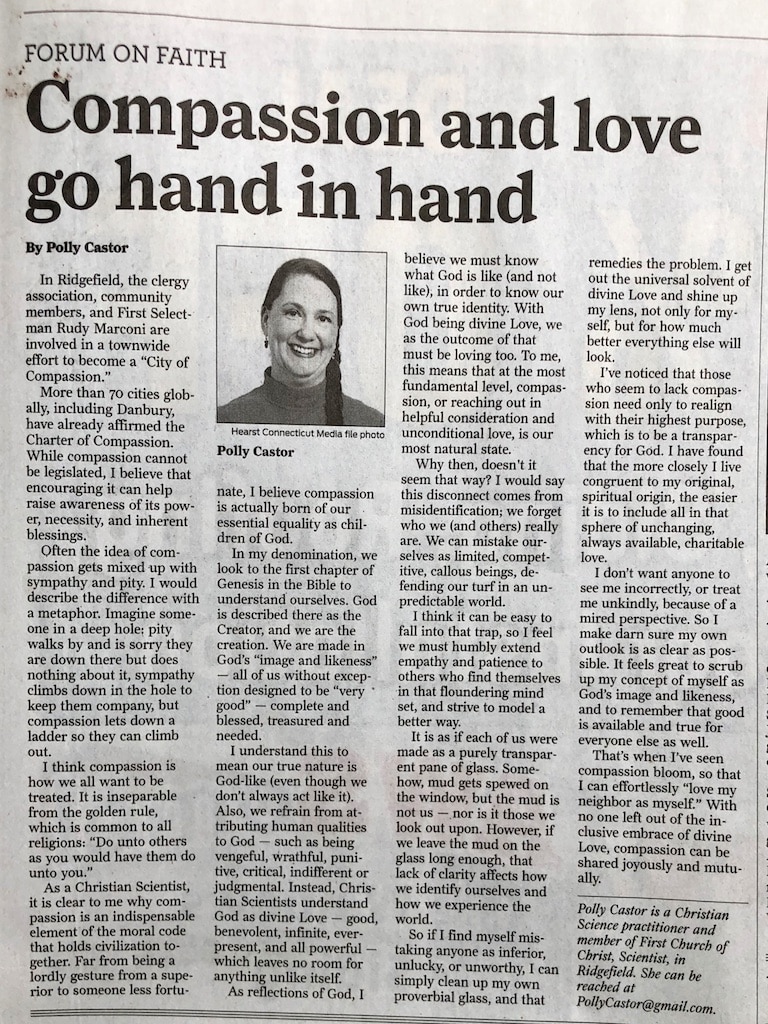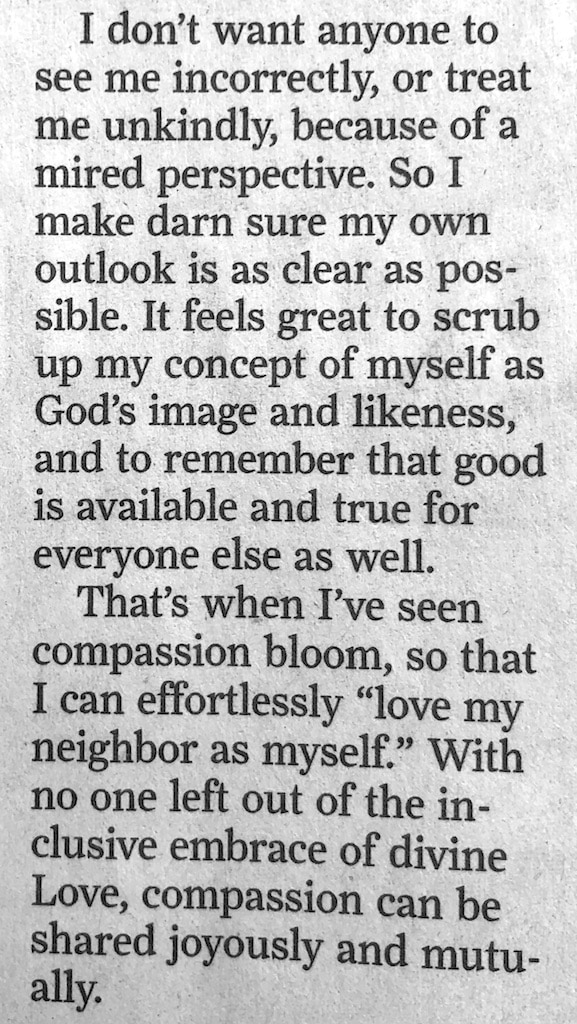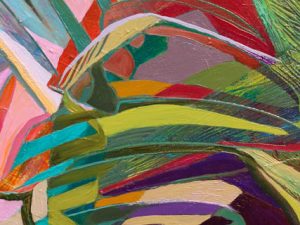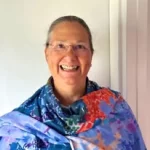
–
Last weekend, I had an article in three Connecticut newspapers (when we were busy with our daughter graduating). I am a regular, periodic writer for this Forum on Faith column. (The newspaper picks the title.) You can read it on the internet here, here, or here, or just read it below:
Compassion and Love Go Hand and Hand
In Ridgefield, the clergy association, community members, and First Selectman Rudy Marconi are currently involved in a town wide effort to become deemed a “City of Compassion.” Over 70 cities globally, including Danbury, have already affirmed the Charter of Compassion. And while compassion cannot be legislated, encouraging it helps raise awareness of its power, necessity, and inherent blessings.
Often the idea of compassion is mixed up with the words sympathy and pity. I would describe the difference this way. Imagine someone in a deep hole: pity walks by and is sorry they are down there but does nothing about it, sympathy climbs down in the hole to keep them company, but it is compassion that lets down a ladder or rope so they can climb out.
Compassion is how we want to be treated. It is inseparable from the golden rule, which is common in some phraseology to all religions, “Do unto others as you would have them do unto you.”
As a Christian Scientist, it is very clear to me why compassion is an indispensable element of the moral code that holds civilization together. Far from being a lordly gesture from a superior to someone less fortunate, compassion is actually born of our essential equality as children of God.
In my denomination, we look to the first chapter of Genesis in the Bible to understand ourselves. God is described there as the Creator, and we are the creation, made in God’s “image and likeness”– all of us without exception – designed to be “very good” (already!) complete and blessed, treasured and needed.
We understand this to mean that our true nature is God-like (even though we don’t always act like it). Also, we refrain from attributing man-like qualities to God, such as being vengeful, wrathful, punitive, critical, indifferent or judgmental. Instead, Christian Scientists understand God as divine Love, good, benevolent, infinite, ever-present, and all powerful, which leaves no room for anything unlike itself.
As reflections of God, we must know what God is like (and not like), in order to know our own true identity. With God being divine Love, we as the outcome of that must be loving too. This means that at the most fundamental level, compassion, or reaching out in helpful consideration and unconditional love, is our most natural state.
Why then, doesn’t it seem that way? I would say this disconnect comes from misidentification; we forget who we (and others) really are. We can mistake ourselves as limited, competitive, callous beings, defending our turf in an unpredictable world.
It is easy to fall into that trap, so I feel we must humbly extend empathy and patience to others who find themselves in that floundering mindset, and strive to model a better way.
It is like we are each made as a purely transparent pane of glass. Somehow, mud gets spewed on the window, but the mud is not us. It is not what (or who) we look out upon either. However, leave that mud on there long enough, and that lack of clarity effects both how we identify ourselves, and how we experience the world.
So if I find myself mistaking anyone as inferior, unlucky, or unworthy, I simply need to clean up my own proverbial glass, and that will remedy the problem. I get out the universal solvent of divine Love and shine up my lens, not only for myself, but for how much better everything else will look. I’ve noticed that those that seem to lack compassion need only to realign with their highest purpose, which is to be a transparency for God.
The more closely I can live congruent to my original, spiritual origin, the easier it is to include all in that sphere of unchanging, always available, charitable love.
I don’t want anyone to see me incorrectly, or treat me unkindly, because of a mired perspective. So I make darn sure my own outlook is as clear as possible. It feels great to scrub up my concept of myself as God’s image and likeness, and to remember that good is available and true for everyone else as well.
Then compassion blooms as a normal response, and I effortlessly “love my neighbor as myself.” With no one left out of the inclusive embrace of divine Love, compassion is shared joyously and mutually in practical ways, all around town.
Polly Castor is a Christian Science Practitioner, and member of First Church of Christ, Scientist, Ridgefield. She can be reached at PollyCastor@gmail.com
–

1 Comment
-
Very good expression of truth that speaks to the heart.
Thank you





